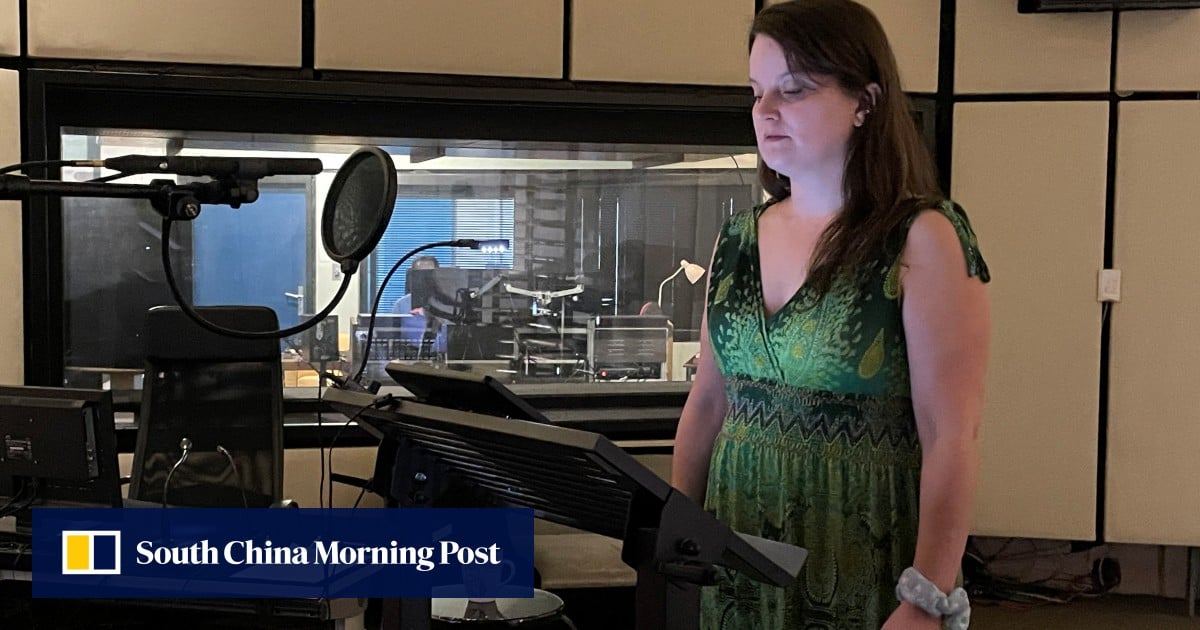AI Voice Cloning Sparks Debate in Singapore's Dubbing Industry: Job Security at Risk?

Singapore's vibrant dubbing industry is facing a seismic shift as Artificial Intelligence (AI) voice cloning technology rapidly advances. Concerns are mounting among voice actors who fear widespread job displacement, leading to calls for regulations to safeguard their livelihoods. This article explores the anxieties within the industry, the capabilities of AI dubbing, and the potential implications for Singapore’s media landscape.
The Rise of AI Dubbing and Its Impact
Traditionally, dubbing involves skilled voice actors meticulously syncing their performances with foreign language films and television shows. However, AI voice cloning has emerged as a disruptive force, capable of replicating the voices of existing actors with remarkable accuracy. Companies are now leveraging this technology to create dubbed versions of content at a significantly lower cost and in a fraction of the time compared to traditional methods.
The allure for production companies is undeniable. AI dubbing promises substantial cost savings, faster turnaround times, and the potential to reach wider audiences with localized content. However, this efficiency comes at a price: the potential loss of jobs for professional voice actors, a community that contributes significantly to Singapore’s creative sector.
Voice Actors' Concerns and Calls for Regulation
The anxieties within the dubbing community are palpable. Many voice actors express fears about being replaced by AI, particularly for routine or less demanding roles.





